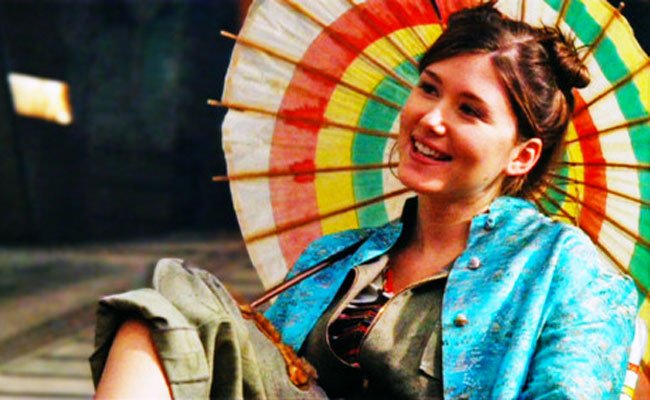Whilst @recordpool is on hiatus, I am going to continue an occasional recommendation of music from the huge canon of music history!
Beethoven is known as one of the greatest composers of the late Classical and early Romantic eras of Western Classical Music. He made great strides in the development of the symphony and most importantly in the development of the string quartet. The enormous contribution to the evolution of the string quartet genre can be seen in the development of style and the pushing of boundaries of the late string quartets (Opus 130 and 131 for example) in comparison to the early string quartets (Opus 18).
Although the early string quartets are great works in their own right, they resemble closer the quartets of Haydn, with the four parts playing roles that are defined by their tessitura (pitch). The later string quartets show a greater equality in the parts, with the viola (often the ugly duckling of previous generations) playing a greater and more prominent role and the cello being freed from it's traditional duties of the bass foundation.
I'm in two minds about whether this was a good development or not, I find later Romantic string quartets to be lacking in bass foundation and a good balance in harmony. I prefer the older notions of parts playing a pre-defined role in harmony, a cog in a larger whole, whilst maintaining an equality of difficulty rather an equality in harmonic role.
This particular movement, "Alla danza tedesca" from the later string quartet Opus 130, is however one of my all time favourite pieces. For me, it is a piece that expresses the inexpressible, something that music is well adapted to do. It is a piece that is not profoundly happy, nor is it sad. It reminds me of a memory of a happier time, something that you look back wistfully upon. Of course, everyone will have their own interpretation on what it means to them ..

Interestingly enough, Joss Wheden, in his Firefly series seemed to have a similar idea of the piece for his episode "Shindig". Kaylee first experiences the piece where she is all dressed up and completely out of her depth at a grand ball and it is a situation where she is more excited and open eyed with wonder than usual! Later, we hear the piece as she listens back to it in her much more mundane ship berth aboard the Firefly, remembering a time when she was (if only pretending) of the grand, noble and rich people.

The performers
The performance is by the Bartok quartet, which was one of the legendary Hungarian string quartets of the 20th century. I'm not sure why, but there was some amazing string quartets that hailed from Hungary during this time, and their playing was full of character at a time when the America/Russian schools of string playing were homogenizing the interpretation of music.
Here is an alternate performance, by a more modern American group. Great players in their own right, but for me somehow lacking, as if they take the art of performing too seriously.

Previous Curating Music History posts
The classical music community at #classical-music and Discord. Follow our community accounts @classical-music and @classical-radio. Community Logo by ivan.atman

Join us @steemitbloggers
Animation By @zord189
Upgoats by ryivhnn
Account banner by jimramones

Posted from my blog with SteemPress : http://www.gamerjokerbreadder.com/2018/07/22/curating-music-history-alla-danza-tedesca-from-beethoven-string-quartet-op-130/




